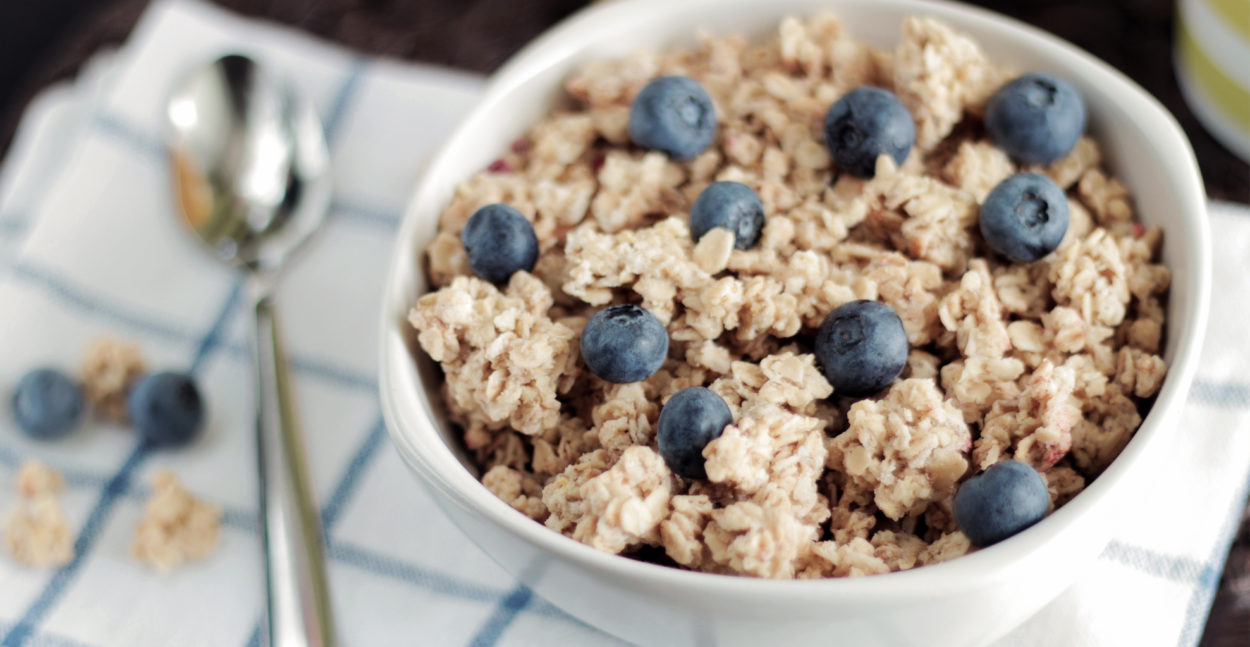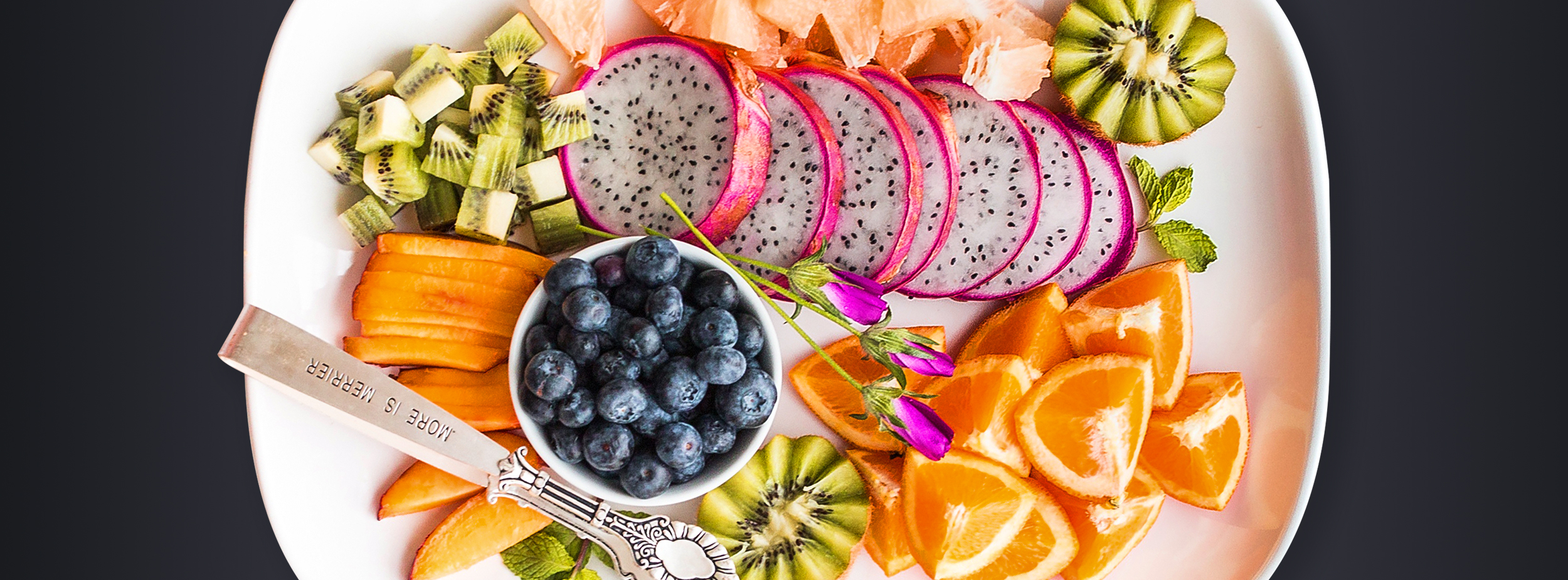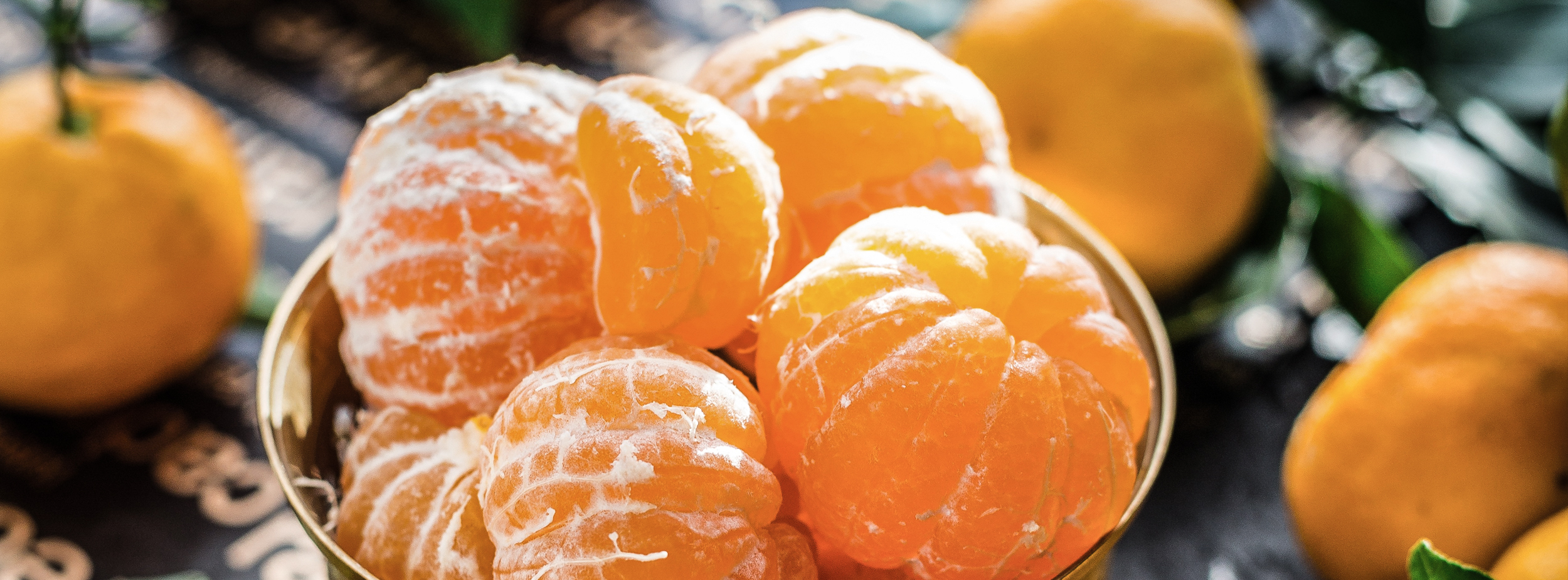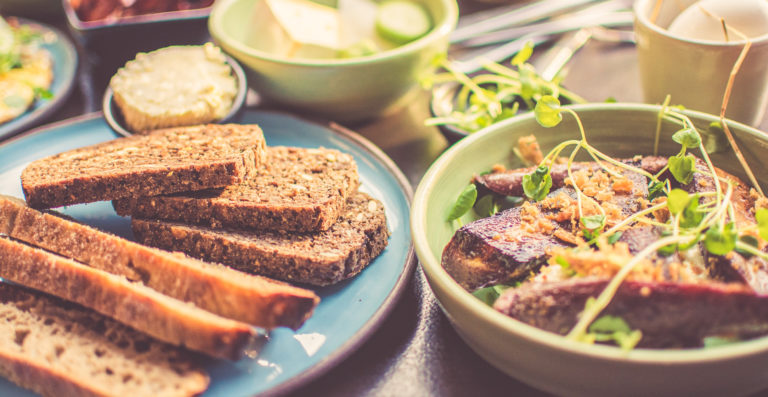
How long does it take for your food to travel through your intestines? You wouldn’t think it would take that long, but all that digestion, absorption, and elimination takes a lot of work. The ideal transit time is considered to be 12 to 18 hours; and the longer this time is, the more likelihood that your food starts to putrify in your gut and form unhealthy waste products which can be absorbed into your circulatory system. Fortunately, we can keep things moving by making some simple dietary changes. Mainly, you need to eat more fiber.
Types of Fiber
Soluble Fiber
This type of fiber dissolves and combines with water to form a gel in your GI tract. Soluble fiber helps regular bowel movements and aids in weight-loss by slowing down the time it takes for food to pass, giving you a fuller feeling. The best sources of soluble fiber are barley, beans, peas, lentils, oat bran, fruits and vegetables.
Insoluble Fiber
This type of fiber does not break down during digestion, and does not dissolve in water, but instead it binds water like a sponge, causing bowel movements to be softer and have greater bulk. Insoluble fiber helps to speed up elimination, reduce toxic bacteria, absorbs toxins, and improve bowel disorders. Unlike soluble fiber, insoluble fiber does not make you feel fuller for longer, and it doesn’t help to stabilize blood sugar. The best sources of insoluble fiber are whole grains, brown rice, nuts, vegetables, and fruit.

Reasons We Need Fiber
Regulation of Blood Sugar
Soluble fiber helps regulate blood sugar; making is extremely important to eat if you are diabetic. It hinders the absorption of glucose, letting it release into your bloodstream over time, thus moderating your blood sugar levels. Processed food like canned fruits & veggies, instant rice, grains, and cereals have been stripped of fiber and are not able to effectively regulate your blood sugar levels because of it.
It Helps You Poop
Insoluble fiber is the ‘broom’ that sweeps your colon. It speeds up toxin elimination through your intestinal tract by binding to toxins and neutralizing them before they become harmful. Due to this, it also helps ease constipation. Without fiber, toxins can build up then be carried to the rest of the body where they can do damage.
Helpful For Weight Loss
Soluble fiber can help you lose weight by suppressing appetite. Vegetables are an amazing source of fiber, and since they contain the maximum amount of nutrition for the minimum amount of calories, eating veggies will keep you nourished and feeling full. Additionally, if you take a fiber supplement before meals it can decrease your appetite. A ground flaxseed supplement works well, although fiber supplements should not substitute a fiber-rich meal as your body needs the nutrients from fiber-rich foods.
Lowers Cholesterol
Fruits contain soluble fibre which helps to lower blood cholesterol levels. The soluble fiber binds with bile acids, forcing them to be excreted. This tells the body to make more bile acid, which requires cholesterol, which reduces the amount of cholesterol that is circulating in the blood.
Eases Bowel Problems
Because fiber helps keep the gut efficient, it helps to combat a variety of bowel problems and disorders like irritable bowel syndrome, inflammatory bowel disease, and hemorrhoids.
Where To Find Fiber
Fruits
| Apples | Apricots | Avocado |
| Bananas | Blackberries | Blueberries |
| Cantaloupe | Cherries | Cranberries |
| Currants | Dates | Figs |
| Grapefruit | Grapes | Honeydew melon |
| Kiwi | Lemons | Limes |
| Mangoes | Nectarines | Oranges |
| Papaya | Peach | Pear |
| Pineapple | Plumbs | Pomegranates |
| Raspberries | Strawberries | Tangerine |
| Watermelon |
Vegetables
| Artichokes | Arugula | Asparagus |
| Beet greens | Broccoli | Brussels Sprouts |
| Burdock | Cabbage | Carrot |
| Cauliflower | Celery | Chicory |
| Collards | Corn | Cucumber |
| Dandelion greens | Eggplant | Endive |
| Kale | Kohlrabi | Lettuce (looseleaf, romaine) |
| Mustard greens | Okra | Onions |
| Parsnip | Peas | Potatoes |
| Pumpkin | Radishes | Sorrel |
| Soybeans | Spinach | Sweet Potato |
| Swiss Chard | Turnips | Watercress |
Whole Grains
| Amaranth | Barley | Buckwheat |
| Bulgur wheat | Kamut | Millet |
| Oats | Quinoa | Brown Rice |
| Rye | Spelt | Triticale |
| Teff | Wheat |
Nuts and Seeds
| Almonds | Brazil nuts | Cashews |
| Chestnuts | Chia seeds | Hazelnuts |
| Flaxseeds | Peanuts | Pecans |
| Pine nuts | Pistachios | Pumpkin seeds |
| Sesame seeds | Sunflower seeds | Walnuts |
To Conclude
As you can see, it’s not difficult to get fiber in your diet. Just eat lots of plant foods; ideally unprocessed and unrefined. Want a quick and delicious way to get a ton of fiber? Make a smoothie with a variety of fruits and vegetables, and add some ground flaxseed and chia seeds. Yum 🙂
Sources
Phyllis Balch, James Balch. Prescription for Dietary Wellness
Avery Pub. Group. 1998. Print
Carolee Bateson-Koch. Allergies: Disease in Disguise.
Tennessee: Books Alive, 1994. Print.
Disclaimer
The contents of this website are for informational purposes only and should not be considered any type of medical advice. The information provided in this website should not be used for diagnosing or treating a health condition or disease, and should not be substituted for professional care. If you suspect or have a medical condition, consult an appropriate health care provider.






Leave a Comment